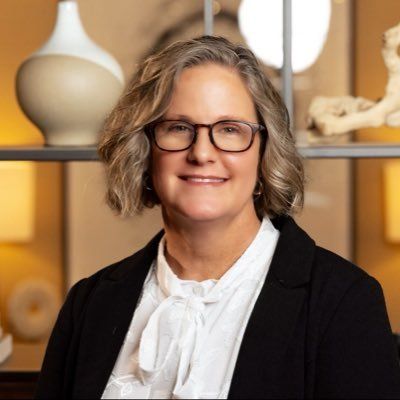Healthcare's Frontline: Clinicians Battle Policy Storms and Legal Challenges

In a passionate call to action, Erickson challenged healthcare professionals to step beyond the confines of their clinical practice and become active advocates for health policy issues that deeply resonate with their professional values and personal convictions. He emphasized that clinicians possess unique insights and firsthand experiences that can powerfully shape meaningful healthcare reforms.
By leveraging their expertise and frontline perspectives, healthcare professionals can drive significant policy changes that improve patient care, address systemic healthcare challenges, and create more equitable health outcomes. Erickson argued that clinicians should not remain passive observers but instead become proactive agents of change, using their knowledge and credibility to influence legislative decisions and public health strategies.
Engaging in health policy advocacy allows clinicians to amplify their impact beyond individual patient interactions, creating broader, systemic improvements that can benefit entire communities. Whether addressing healthcare access, funding, research priorities, or patient rights, clinicians have a critical role in translating their professional understanding into actionable policy recommendations.
